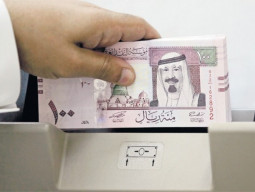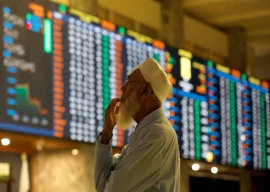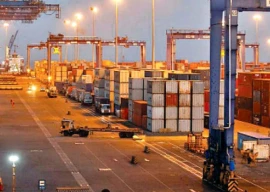
It is acknowledged by the majority that the added cost of doing business is passed on to the consumers and there is nothing preventing either of them — neither the rising cost, nor the passing on.
The cost of doing business is routinely increased by inflation, additional taxes and duties, the rising cost of technology and the government’s failure to address such issues timely and effectively. Interestingly, there is no institution in Pakistan with a mandate to address these issues and to do something about it. That might explain why it is a general impression in the country that the government is dysfunctional.
Naturally, a government that does not act effectively to alleviate the increasing burden on the majority of consumers cannot be considered anything but dysfunctional. Why does the government not mandate an institution to address the above mentioned issues?
That is an important question least asked by politicians and media persons in Pakistan. There are no NGOs equipped with the intent and know-how on these issues.
You might regularly hear that the social and economic services are poor in this province and better in that. Such surveys are not technically sound, as the agencies conducting them are not sufficiently qualified to carry out such quantification. They simply rely on sample impressions, which, at times, are questionable as well.
But the background study of poor social and economic services, once explored, does tell a researcher why such services are poor. There are no institutions monitoring the rising cost of doing business in Pakistan. Such institutions are critical in revealing how inflation, taxation, technological inductions, smuggling of goods into the country and absence of technical labour could be better managed.
Pakistan is one of the few countries where the size of the economy grew six times in the past five decades, but monitoring, controls and implementation of rules against inflationary trends are least bit effective, if not altogether missing.
I have been rummaging through the papers read in the government or NGO programs, but could not find a comprehensive lists of reasons behind the trends of increasing cost of doing business and inflationary trends impacted by the unbridled taxation and government spending.
These trends are mutually triggering, and it is known to most economists, but they hesitate to build intellectual campaigns on issues that are related to such trends.
Paging through the budgetary documents, I found out a screaming absence of monitoring and controls. No institution is being created to address such trends and no existing institution is being mandated to carry out such tasks.
If one reads the papers and the booklets released by the Statistics Division, one finds only the mention of pricing trends. No mention of impact on social and economic services, either in the government’s domain or in the private sector.
Comparing these papers and booklets with those offered by the government in other developing countries, the contrast is staggering.
Most observers in Pakistan say the budget is routinely prepared and submitted by non-economists. It is not just the budget but the entire scheme of spending, taxation and monitoring that is supervised by non-economists. A number of public finance bureaucrats operating at the Ministry of Finance prepare the fiscal schemes of spending and taxation and the political leaders just have to go by the inferences and proposals they offer on the basis of a data that is ill-prepared by the Finance Division and other relevant institutions.
The intent behind this entire scheme is to look for ‘resources’ for meeting the fiscal goals. Monitoring and controls are not part of this paradigm.
If government seriously intends to curtail spiralling inflation and uncontrolled cost of doing business, it needs to see impact of its taxes and policies from the perspective of an economist, instead of just considering consumers and businesses as sources to fund its ambitions to construct ever-longer and wider roads.
The writer has worked with major newspapers and specialises in analysis of public finance and geo-economics of terrorism
Published in The Express Tribune, June 20th, 2016.
Like Business on Facebook, follow @TribuneBiz on Twitter to stay informed and join in the conversation.
1721377568-0/BeFunky-collage-(18)1721377568-0-405x300.webp)

1734594165-0/Untitled-(60)1734594165-0-165x106.webp)







1722065362-0/BeFunky-collage]-(56)1722065362-0-270x192.webp)
1734468458-0/Copy-of-Untitled-(50)1734468458-0-270x192.webp)
1734511806-0/Untitled-design-(5)1734511806-0-270x192.webp)










COMMENTS (2)
Comments are moderated and generally will be posted if they are on-topic and not abusive.
For more information, please see our Comments FAQ